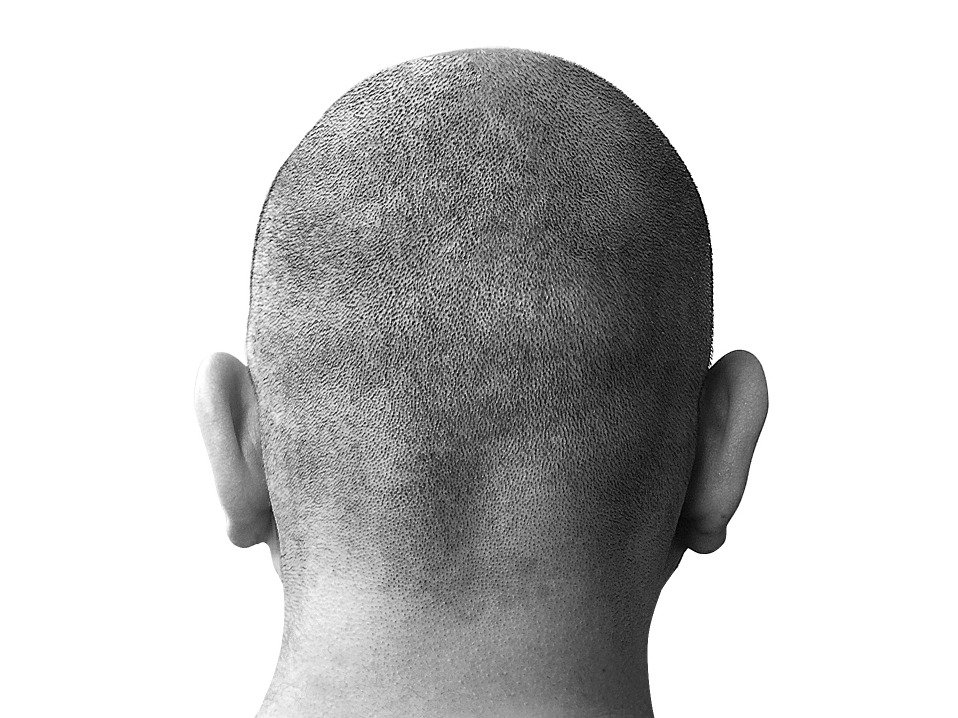What if we could Google our own brains?
We don't need an intrusive implant to search ourselves

Recently we talked to Juergen Galler, director of product management at Google, and Paul Stoddart, senior product manager at Microsoft Live Search about how search engines are getting smarter. While we had the chance to chat with them, we raised another question: when will we be able to search our brains?
After all, we all have loads of memories we need to retrieve - stuff that must be in our brains somewhere but we just can't find it. Did I pay the gas bill? Who phoned me last week to ask for a meeting at an upcoming conference? What was that great movie I saw a couple of months back?
Yet while the theoretical idea of plugging a search engine directly into our brains may have advantages, it's also fraught with ethical dilemmas, so it's not surprising to learn that it's not something that Google is currently working on.
"I want to have my brain for me. I don't really think that's something that we should approach," says Google's Juergen Galler. "Maybe it will happen: everything's possible. I personally think there is a certain level of privacy that we should respect from an ethical perspective, and your brain is yours, and my brain is mine."
That said, TechRadar wouldn't be surprised to discover that at least one Googler is devoting their 20% time to a project along these lines.
Already possible
Microsoft's Paul Stoddard points out that we could very easily search our own memories through information that's already available, with no need for an intrusive brain implant.
Sign up for breaking news, reviews, opinion, top tech deals, and more.
"If I look at my life, virtually everything I'm doing these days is digitally recorded, whether it's through photographs, or through Outlook, or my history of web searches and my cookies, my mobile phone calls," says Stoddard.
"You can tell when I'm online at home and Media Center knows what I like to record. So actually you're almost at the stage where, although you can't interrogate my brain, I can probably work out a lot of what you were doing semantic search-wise.
"At some stage you'll be able to enter a really structured search such as 'I spoke with a guy last January about something' and search could piece it all together and say, 'This is the call, and this is where you were and here are the photos you took while you were there.'"
Stoddard continues: "So I'm not saying we'll get to the stage where you say 'What were all the things I thought about on this day?' and it pumps all that stuff out of your brain - although who knows? - but you could certainly get to the stage where, if we had the right privacy policies, everything could be tracked and kept. It would be amazingly interesting to figure out what you could learn about yourself."
Throw in an RFID chip on our car keys, a geotagging system in our shoes, and a cam and mic in the lapel of our jackets, and we could work out what we were doing, when, without the risk of an adword appearing in our heads everytime we thought "where was that restaurant I went to last month for sushi?"
-------------------------------------------------------------------------------------------------------
First published in .net magazine issue 185
After watching War Games and Tron more times that is healthy, Paul (Twitter, Google+) took his first steps online via a BBC Micro and acoustic coupler back in 1985, and has been finding excuses to spend the day online ever since. This includes roles editing .net magazine, launching the Official Windows Magazine, and now as Global EiC of TechRadar.